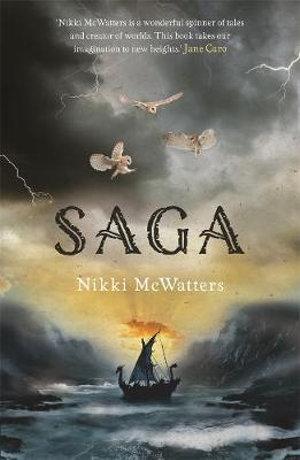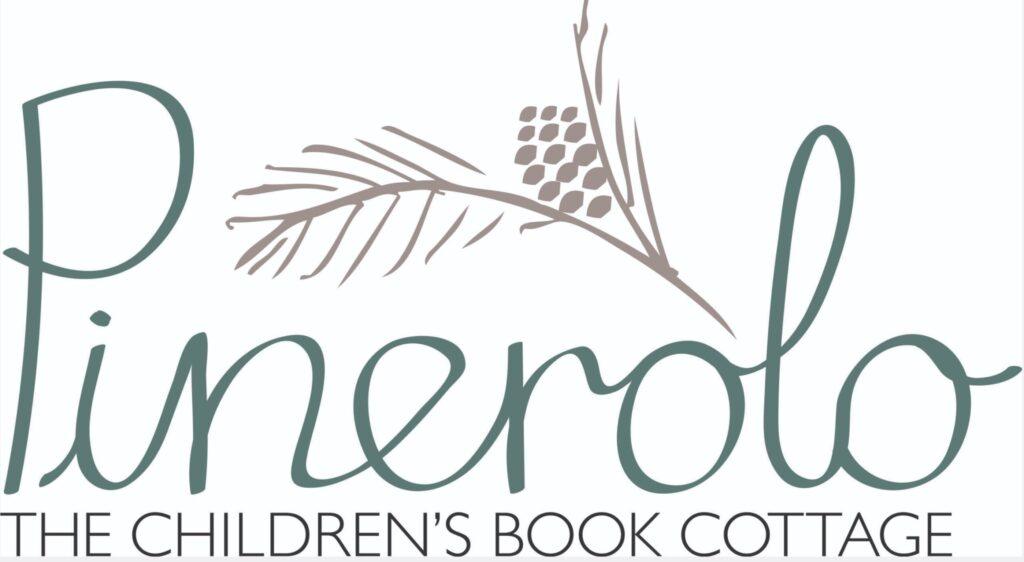Nikki McWatters, author of Saga answers some questions about her book. We thank Nikki, and University of Queensland Press for this interview.
One story in each book has an unhappy ending. How deliberate was that? What was your process on this decision-making?
There is an unhappy ending for some of my characters. Although each storyline is filled with triumphs and obstacles, the truth is that no matter how hard we believe in something and how hard we fight for it, sometimes victory escapes us. But sometimes losing the battle might mean winning the war in the long run. Women have made enormous sacrifices over the centuries for their beliefs and in their quest to make sweeping changes, sadly, some made the ultimate sacrifice. I wanted my books to celebrate the female trailblazers of the past but not shy away from the times when they did not ‘win’. I’ve balanced the sad with the happy though, so that we have more sunshine in the books than storm-clouds. Regarding the decision-making for who got the sad ending, I’m not a monster, and I chose real girls from history so in two cases, the stories and the endings were already well documented. So, although it hurt me as I wrote of their bravery, I knew from the beginning how it would end. In a way though, I felt it was a special honour as a writer, to give them colourful and interesting lives and to share their bravery with readers so many centuries later.
I was very upset about what happens to Paisley. Why was this the best direction for Mia’s story?
Oh, Trish, I’m sorry. I knew there would be some grief from readers who had read that particular character’s story in a previous book. It was tough but also reflected where I was at the beginning of the writing Saga. I had just lost a beloved sister-in-law and I was grieving and angry and desperately sad. Grief is a huge part of life. It is something we will all suffer. It is something my readers will have to go through at various times in their life. Paisley’s death and her cousin’s grief and final sad acceptance of the loss reflected my own journey during the writing process. There was also the consideration of how to get the mysterious Systir Saga book from Paisley to a new character in the same time-frame so there was a practicality to the decision too (oh now I do sound like a monster!).
Of the six time periods, which was your favourite to research? Was that also your favourite to write?
I certainly did some time-travelling through these three books! I loved all my characters and the worlds they found themselves in. If I had to pick one (and that feels a bit mercenary) I would have to say Mercy’s story set in the world of Gothic literary London in the early 1800’s. I am a big fan of the now obscure Ann Radcliffe’s early Gothic horror novels and adore Mary Shelley and Percy Bysshe Shelley’s works. I would have loved to mix in those creative and intellectual circles. In case you didn’t notice, I’m also a fan of Charles Dickens’ fiction. But this era wasn’t the easiest or most enjoyable to write. I think I enjoyed writing Veronica’s story from 1626 in Franconia (now Germany) in Hexenhaus because of its fairy-tale and witchy elements.
Why is it important for humans, and for women in particular, to be aware of their ancestry today?
I think it is vitally important that we, as women, honour the sisterhood of strong women who paved the way for us to live the lives we do with the freedoms we do. I enjoyed the stories of my grandmothers and great-aunts as a child. I had a great-grandmother who lived in a tent with twelve children after coming by sea from England and she apparently set the table in that tent with a pressed damask tablecloth and made everyone eat like little ‘ladies and gentlemen.’ Despite the hardship of her life, she was very proper and never let her standards drop. We must always remember the women who were burned at the stake for tempting a man to sin just because she was pretty; women who chained themselves to things to fight for the right to vote and girls who marched against conscription and advocated for equal rights for women. We are all related to some of these women and we might never know who or how exactly unless someone in the family is a meticulous genealogist – but we are in a universal sisterhood as girls and women and knowing of those early fights is important because we have the blood of those ancestors in our own veins and we are capable and obligated to continue to fight the good fight.
Are you relieved this journey is over? Have you any new ideas for the future you are willing/able to share?
Am I relieved it’s over? Oh that sounds so sad. No! And yes. I am proud of the nine women’s stories I’ve told. I love them all. I have loved working with amazing women – editors, publishers, publicity gals etc. It has felt like a team effort by the wordy sisterhood. But three is a magical number. Three girls in three books. I wrote them so that you could read them as stand-alones or in any order so it’s not strictly speaking a trilogy but rather a set of three sister books and Saga has rounded them off for me.
Having spent so many years stamping about in the past, I’ve decided to stay there a while and my next book will be a straight narrative as opposed to the three interwoven storylines and I’ll be looking at a friendship between two convict girls, transported on The Neptune in the Second Fleet to Australia tentatively titled We Came By Sea.
Read Trish’s review of Saga





